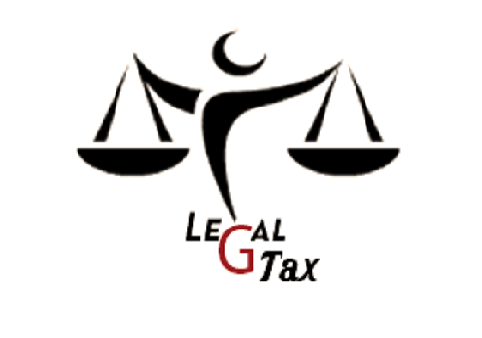

Assessment under section 144 of Income tax act (called best judgment assessment) is an assessment carried out as per the best judgment of the Assessing Officer. Best judgment assessment is resorted due to certain failures (specified under section 144) on the part of the Income taxpayer.
As per section 144 of Income tax act, the Assessing Officer is under an obligation to make an assessment to the best of his judgment in the following cases:
Note: section 142(1) of this Act deals with the general provisions relating to an inquiry before assessment. Under section 142(1) of this Act. the Assessing Officer can issue notice asking the taxpayer to file the return of income if he has not filed the return of income or to produce or cause to be produced such Books of accounts or documents as he may require and to furnish in writing and verified in the prescribed manner information in such form and on such points or matters (including a statement related to all assets and liabilities of the taxpayer, whether included in the Books of accounts or not) as he may require.
Note: Section 142(2A) deals with special audit. As per section 142(2A) of this Act, if the conditions justifying special audit as given in section 142(2A) of This Act are satisfied, then the Assessing Officer will direct the IT taxpayer to get his Books of accounts audited from a chartered accountant nominated by the principal chief commissioner or Chief Commissioner or Principal Commissioner or Commissioner of Income tax and to furnish a report of such audit in the prescribed form.
From the above criteria, it can be observed that best judgment assessment is resorted in cases where the return of income is not filed by the Income taxpayer or there is no co-operation
by the taxpayer on various matters.
Assessment under section 144 of this act (called best judgment assessment) is an assessment carried out as per the best judgment of the Assessing Officer. The other procedures in this judgment are as follows:
If the circumstances justifying best judgment assessment (discussed above) are satisfied, then the Income tax Assessing Officer will serve a notice on the Income taxpayer to show cause why the Income tax assessment should not be completed to the best of his judgment.
No notice as given above is required in a case where a notice under section 142(1) of this act has been issued prior to the making of an best judgment assessment under section 144 of income tax act.
If the Income tax Assessing Officer is not satisfied by the arguments of the taxpayer related to assessment and he has reason to believe that the case demands a best judgment, then he will proceed to carry out the Incometax assessment as per best of his knowledge.
If the criteria of the best judgment Income tax assessment are satisfied, then after taking into account all relevant material which the Income Tax Assessing Officer has gathered, and after giving the taxpayer an opportunity of being heard, the Assessing Officer shall make the Income Tax assessment of the total income or loss to the best of his judgment and determine the sum payable by the Income taxpayer on the basis of such assessment.
Circular No. 214/1/2023-Service Tax date: 28th February, 2023 An issue has arisen on the levy…
Introduction Consumer protection is a crucial aspect of a well-functioning market economy, ensuring fairness, transparency,…
Circular No. 1076/02/2020- Cx Date: 19th Nov 2020 References have been received from the field…
Union Budget 2025 Key features\Finance Bill 2025 Direct Tax proposals Introduction of a scheme for…
Clarification on various issues pertaining to GST treatment of vouchers- . Circular No. 243/37/2024-GST Dated…
EXEMPTIONS FROM CAPITAL GAINS The Income-tax Act permits a capital gains tax exemption if the…